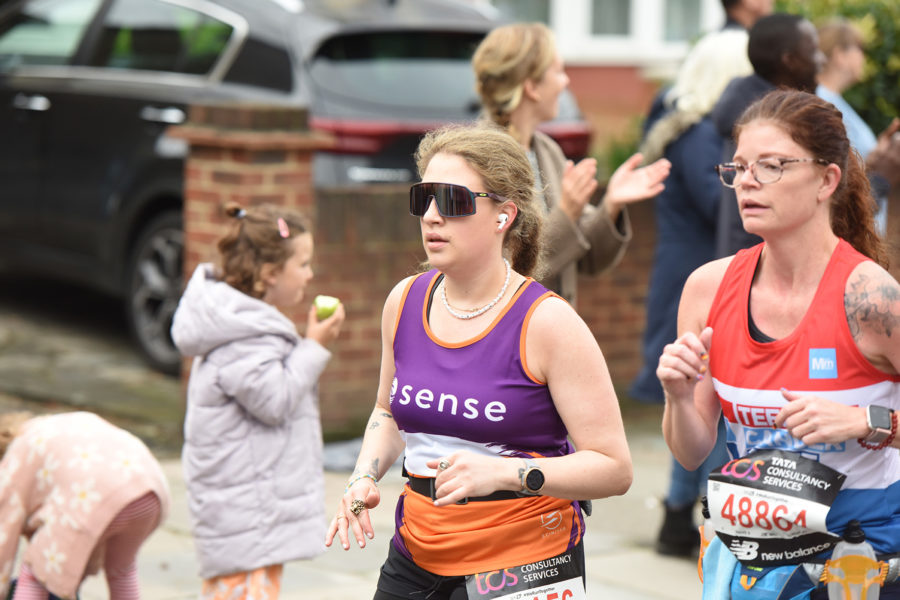Preventing injuries and the psychology of Long Runs
The way we can avoid this is through Cross-Training
- As a runner, cross-training is any activity that gets the heart and lungs working but isn’t running.
- Cross-training can be anything, from swimming to cycling, the step machine or cross trainer in the gym.
- We cross-train because it allows us to do more training whilst minimising the risk of injury. We can build your endurance safely.
Your heart and lungs don’t know the difference between running and other sports. You will get fitter. We have successfully coached people to run a marathon doing no running for the last 8 weeks of their training. All hope is not lost when you are cross-training.
When to use cross-training
Recovering from injury. This is when we have to cross-train. If you aren’t able to run, hopefully, you’ll be able to do some cross-training. All we do is take your running plan and move it to cross-train.
Adding Volume. If you are on the comeback from an injury, then cross-training works wonderfully here. We can add volume by doing a mixed session; often, I do this in the long run. The first half of the run is done as a run, the second half is done as a cross-training session.
Extra cross-training is also a great thing to do if you want to add more to your week.
Mixing things up . If you want a change from a run, just swap it out for a cross-training session. It’ll just freshen things up.
Be proactive with your use of cross-training. You don’t need to just run to improve your running.
Long Run mind games
The Marathon is an incredibly challenging experience. You are going to have to endure a lot over the 26.2 miles. We use the Longer Runs over the next few weeks to build that mental resilience.
Being mentally resilient comes easier to some rather than others. Here are some ideas of things to practice now and be able to use on race day:
Small Chunks: Break the race or down into small chunks. Perhaps 5km segments. The brain likes dealing with things in small pieces. After completing each piece, the brain will get a min hit of dopamine to reward you.
Positivity: Be positive when that internal monologue is going on. Everyone talks to themselves during the racing, and how you approach that talk will significantly affect your performance. Positive self-talk will enable you to go on further and harder. Saying things like “I’m feeling good”, Push through this”, or “I am a champion” will keep you moving. Starting to feel sorry for yourself, letting the daemons get the better of you is not going to help
Belief: is a powerful tool, and the mind has a great capacity to limit your performance. If you don’t believe what you are trying to achieve is even possible, you’ll never get there.
Smile: the process of bringing a smile to your face changes how the body perceives pain. It changes the levels of certain neurotransmitters in the brain associated with confidence. Just crack a smile!
Change the focus: taking your mind away from the suffering by focusing on something else. This isn’t as easy as it sounds when running because the pain can often be excruciating. Still, having a mantra you can repeat or just counting to 100 (or if you want a real challenge, try counting backwards!) can just distract the mind a little bit.
Embrace the suffering: it’s totally ok to be suffering during the Marathon. Know that you aren’t alone. Everyone around you is going through the same process. Remind yourself that discomfort is often the price for personal greatness.
Got questions?
Our friendly team would be happy to help. Get in touch with the team by emailing [email protected].

